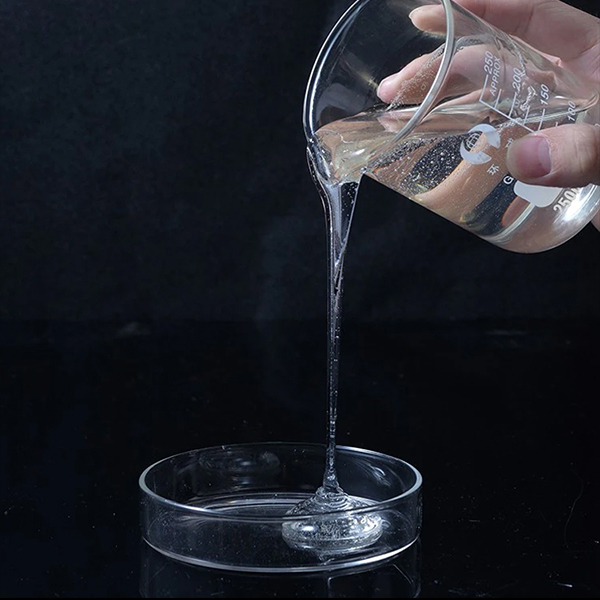The Role of Thickeners in Liquid Soap Production
Liquid soap has gained immense popularity due to its convenience and effectiveness, making it a staple in homes and businesses alike. One of the critical aspects of liquid soap formulation is the use of thickeners, which play a vital role in achieving the desired viscosity, texture, and overall user experience. This article explores the various types of thickeners used in liquid soap production, their functions, and the benefits they bring to the final product.
Understanding Thickeners
Thickeners are substances that increase the viscosity of liquids without significantly altering their other properties. In the context of liquid soap, thickeners help create a product that is not only easy to dispense but also provides a luxurious feel during application. By adjusting the viscosity, formulators can ensure that the soap remains stable and functional throughout its shelf life.
Common Types of Thickeners
There are several types of thickeners commonly used in liquid soap formulations. These can be broadly categorized into natural and synthetic thickeners.
1. Natural Thickeners Derived from plant sources, natural thickeners are increasingly favored in the cosmetics and personal care industry. Examples include - Xanthan Gum A popular choice that imparts a smooth texture and excellent stability. It's also highly effective in low concentrations. - Guar Gum This plant-based thickener is known for its ability to hydrate and thicken formulations, providing a soft and creamy texture. - Carrageenan Extracted from red seaweed, carrageenan helps stabilize emulsions and can contribute to a luxurious feel in liquid soaps.
thickeners liquid soap

2. Synthetic Thickeners These are man-made compounds that offer specific properties tailored for liquid soap applications. Examples include - Polyacrylate This synthetic polymer provides excellent thickening and helps improve the overall viscosity of the soap while maintaining clarity. - Sodium Chloride Commonly known as table salt, it can be used to adjust the viscosity of liquid soap, although it may require careful balancing to avoid precipitation.
Benefits of Using Thickeners in Liquid Soap
The incorporation of thickeners into liquid soap formulations offers numerous advantages. Firstly, it enhances the product's usability. A thicker formulation is easier to dispense and less likely to drip, which is particularly important for consumer satisfaction.
Thickeners also improve the overall aesthetics of the product. A well-formulated liquid soap with the right viscosity appears more appealing and luxurious, which can influence purchasing decisions. Additionally, certain thickeners can help stabilize the formula, preventing separation of ingredients and ensuring consistent performance throughout its lifespan.
Furthermore, thickeners can contribute to the soap's performance. For example, they can help create a richer lather, which is a crucial factor for consumers seeking effective cleaning products. A thicker liquid soap often provides a more substantial and satisfying lather, making the washing experience more enjoyable.
Conclusion
In conclusion, thickeners are an essential component in the production of liquid soap. They not only affect the viscosity and texture of the product but also enhance user experience and product stability. Whether through natural or synthetic means, the appropriate selection of thickeners can significantly impact the quality and performance of liquid soap, ultimately determining its success in a competitive market. As consumer preferences continue to evolve towards products that offer both functionality and luxury, the role of thickeners will remain pivotal in liquid soap formulation.
-
Premium Detergent Grade HPMC Hydroxypropyl Methylcellulose: Superior Thickening & StabilityNewsAug.31,2025
-
HEC 100000 Hydroxyethylcellulose for Paint | Superior ThickeningNewsAug.30,2025
-
Wall Putty Rdp Powder Packaging DesignNewsAug.29,2025
-
Introduction to Hpmc Hydroxypropyl Methyl CellulosNewsAug.29,2025
-
Hpmc Industri Grade IntegrationNewsAug.29,2025
-
How to Choose the Right Construction AdhesiveNewsAug.29,2025




